
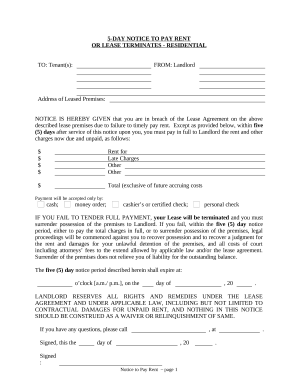
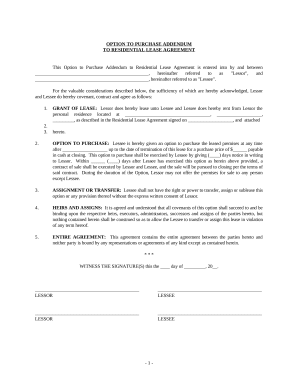
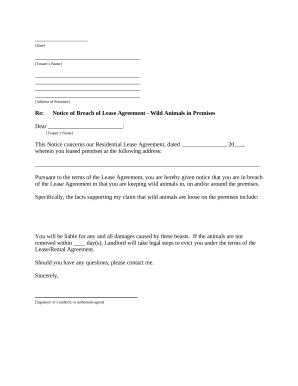
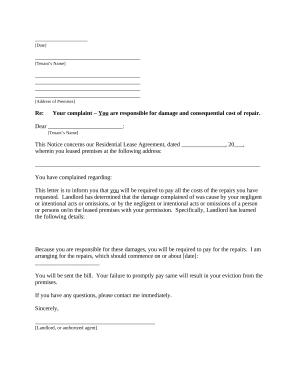
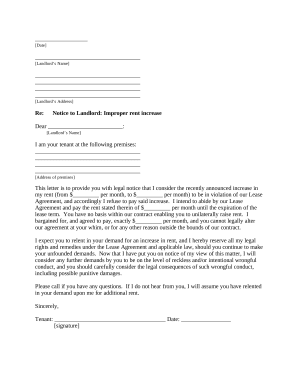
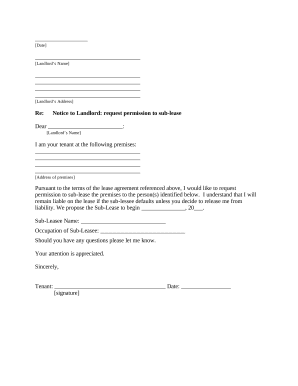
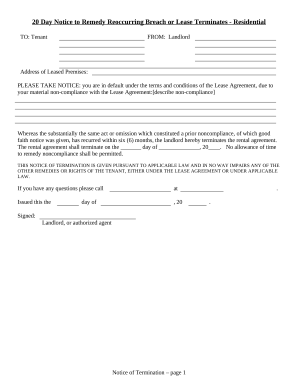
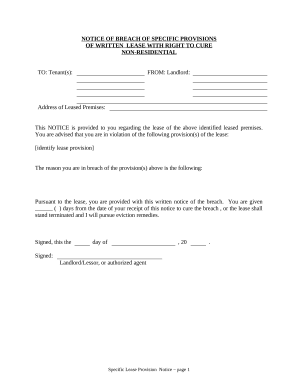
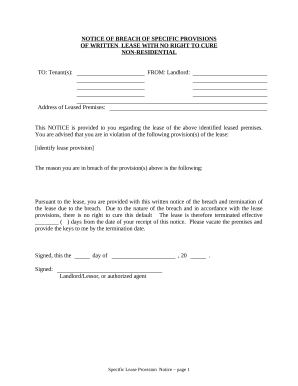

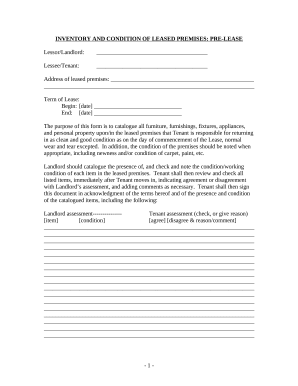
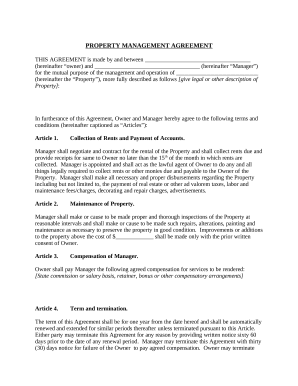
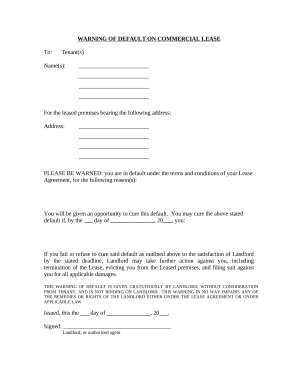
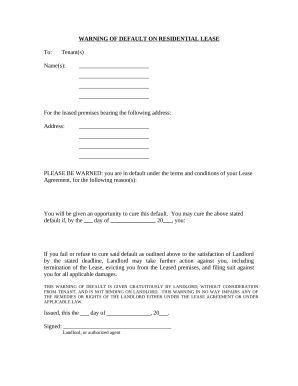


Document management consumes to half of your office hours. With DocHub, it is simple to reclaim your office time and enhance your team's efficiency. Get Rhode Island Lease Agreements category and check out all form templates related to your everyday workflows.
Effortlessly use Rhode Island Lease Agreements:
Boost your everyday file management using our Rhode Island Lease Agreements. Get your free DocHub account today to discover all forms.